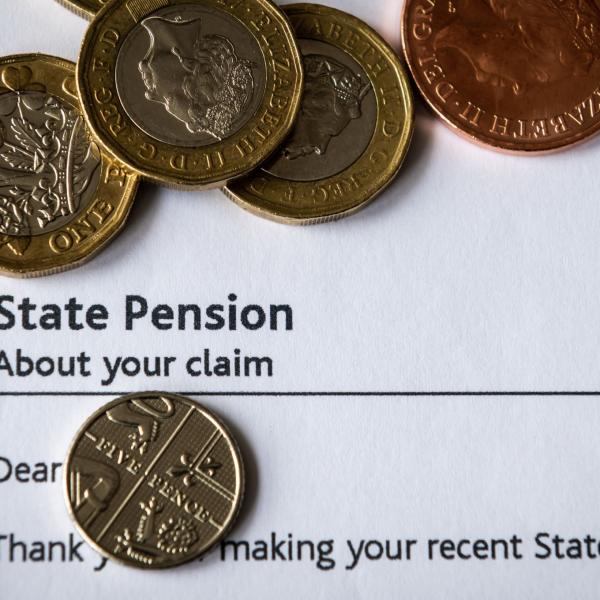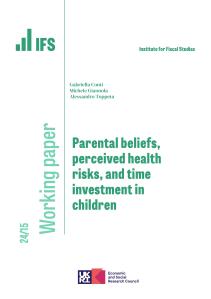The COVID-19 pandemic has hit the finances of many households. For older workers the financial shock risks being felt into and through retirement. In new research published today, data from the English Longitudinal Study of Ageing COVID-19 Substudy were used to examine the perceptions of people in their late 50s and over, in terms of the effect of the crisis on both their current income and wealth, and on their future retirement incomes.
Key findings:
- The pandemic continued to depress the household incomes of some older people in late 2020. Over half of those who reported that their household income was lower than it was before the pandemic in June/July 2020 continued to report this in November/December 2020. In total 14% of respondents in November/December reported that their household income was lower than it was before the pandemic.
- Those respondents who reported having lower household incomes in both June/July and November/December were more likely to be drawing on savings in order to weather that shock by the latter period.
- 9% of respondents perceived that their financial wealth was now higher than it would have been in the absence of the pandemic. 20% reported that their financial wealth was lower.
- Nearly a third of respondents reported that their retirement income in future would be lower as a result of the pandemic. Among those in paid work before the crisis this proportion was nearly one-half (45%).
- The proportion expecting their retirement income to be lower is 11 percentage points greater among those who were managing less well financially before the crisis, increasing concerns about widening financial inequalities. 57% of those who were in work but managing less well before the pandemic expect their future retirement income to now be lower as a result of the crisis.
- Those who have retired since the start of the pandemic were 10 percentage points less likely to report having lower retirement income in future than those still in paid work.
- Among those not yet retired, 12% are planning to retire later than they were previously planning as a result of the pandemic. Two-thirds of these individuals expect to have a lower retirement income in future as a result of the pandemic – in other words, 8% of those in paid work are both planning to retire later and expect to have a lower income.









